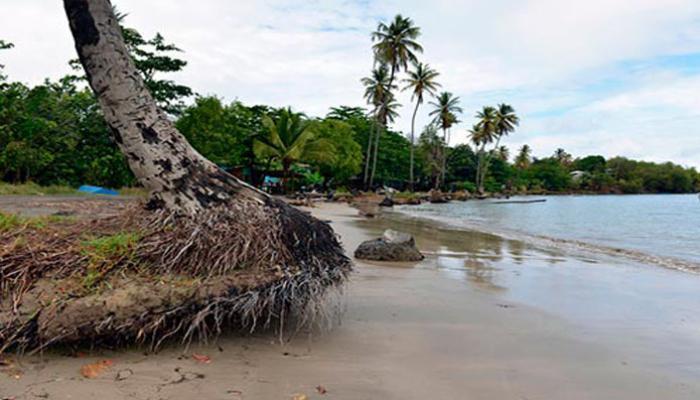Havana, Feb 14 (RHC)-- Cuba has begun to work on its Third National Communication (NC) and its First Biennial Report to the Framework UN Convention on Climate Change, a project led by the country's Ministry of Science, Technology and the Environment, with financial support from the Global Environment Fund (GEF).
Project director, Eduardo Planos Gutiérrez, told the press that as part of the established work mechanism, the signatories to the Convention must report periodically on compliance with the commitments made to fight climate change, through these national communications, which provide information on greenhouse gas (GHG) inventories, and measures to mitigate and to facilitate adequate adaptation to climate change.
According to Planos Gutiérrez, a researcher with the Institute of Meteorology, the execution of the project will contribute to the materialization of the state plan on climate change, 'Tarea Vida', which comprises a series of actions and policies to facilitate climate change mitigation and adaptation. It also aims to strengthen the country's technical and institutional capabilities by integrating information and knowledge on climate change and its impact on every sector.
According to the source, the third national communication will be submitted in December of 2020, and the entity responsible for coordinating the project is the Institute of Meteorology. The previous two national communications were submitted in 2001 and 2015.
Cuba prepares third national communication on climate change

Related Articles
Commentaries
MAKE A COMMENT
All fields requiredMore Views
- New York doctor fired for rejecting Zionist propaganda, defending resistance
- Cuban delegation calls on rich countries at ECLAC to fulfill development aid
- Cubans to take part in Panamerican Junior Judo Cup
- Artistic swimmers prepare for continental competition
- Russian minister says BRICS to establish digital payment system for members

